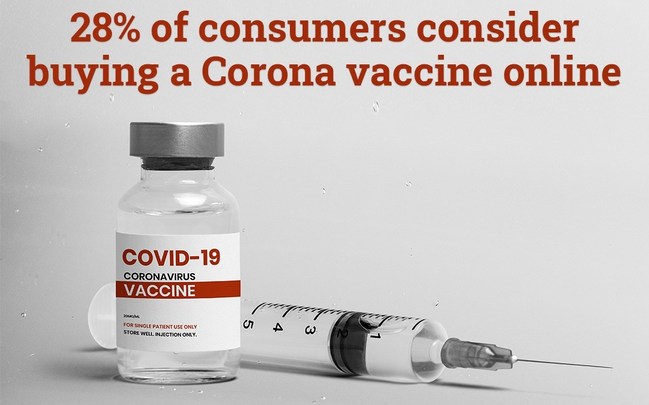75% of the survey participants have bought a fake product last year. 57% did so unwittingly. A large group of consumers is willing to buy a coronavirus vaccine online, making them extra vulnerable towards scammers.
Every year, Scamadviser analyzes the willingness of consumers to buy fake and counterfeit products online. This year, 1,000+ consumers participated in the study from across the world. Also, the willingness of consumers to buy coronavirus vaccines only was researched.
Marketing Technology News: MarTech Interview with Paige R Leidig, Chief Marketing Officer at NetBase Quid
While all income groups, educational categories, age levels, and continents are represented. Most consumers (65%) consider themselves capable of identifying fakes. This is especially the case for clothing, accessories, and electronics. Only 10% admit they are unable to identify fakes. 40% of consumers doubt their ability to recognize fake medicines and toys while 24% say they have trouble with all categories.
57% of the consumers have bought a fake product in the past unknowingly or doubting the originality of the product. 18% admit to knowingly having bought fakes. Clothing, electronics, and accessories are the most purchased fake products. Remarkably, websites (39%) are by far the most popular channel to buy counterfeits. This channel is followed by online marketplaces (28%).
Consumers buy fakes primarily as they believe that there will be no significant difference in quality (17%). The lower price (15%) and the feeling that the real brand is overpriced (11%) are also named.
Marketing Technology News: Venus Media Group’s Latest Event Explores Health and Wellness Marketing Strategies To Connect…
Participants are aware that counterfeits support crime and human exploitation. What, however, would keep consumers the most from buying a counterfeit is the concern about the quality of the product (42%) and the belief that buying fakes online is not safe, as their (financial) data may be misused (37%) or the product not delivered (31%).
Regarding the fight against counterfeits, consumers think the lead should be taken by consumer protection agencies (52%) and not by international authorities such as Europol/Interpol (23%) and the EU/UN (21%).
As an additional research question, Scamadviser this year asked if the respondent would buy a coronavirus vaccine online. 64% disagreed that they would purchase it online. However, 28% stated they would buy the vaccine online, especially if the authenticity can be guaranteed (25%) or the product is sold by an official source (28%). This leaves the door open to scammers selling either fake or illegally procured COVID vaccines.
Marketing Technology News: MarTech Interview with Kevin O’ Farrell, Associate Vice President at Analytic Partners












